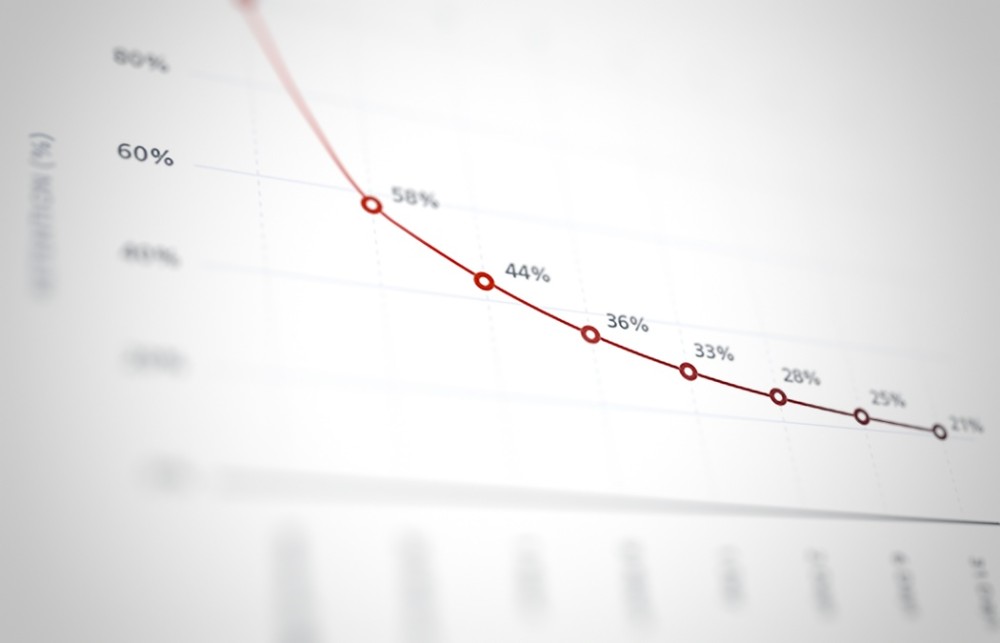
In 1885, German psychologist Hermann Ebbinghaus published arguably the most famous finding of his career. Memory researchers still refer to his work on the “forgetting curve.”
The forgetting curve graphically illustrates how exponentially fast we forget newly acquired knowledge and information. The rate of forgetting slows over time; the steepest decline occurs in the first hours, leveling off somewhat after the first day. Frustratingly, we remember only a fraction of what our brains take in. Most facts, time lines, expressions, and even experiences fade into vague impressions much faster than we’d like to admit.
There’s a good reason our retention capacities are limited. We’d be unable to function were we to remember every detail of every day. The brain’s sorting mechanism for remembering and forgetting is a psychobiological necessity. With the exception of certain savants who appear to have effortless recall, our powers of memory are never going to be great.





